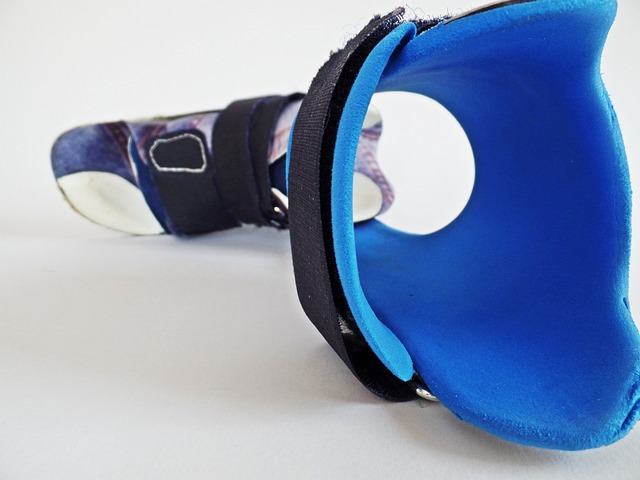Orthopedic Shoes
Foot Care and Orthotics
Our feet are the foundation of our body, carrying us through every step of our day. Despite their importance, they are often overlooked—until pain or dysfunction arises. Proper foot care and the use of orthotic devices are essential not only for maintaining foot health but also for preventing issues that can affect the knees, hips, spine, and overall posture. Foot care involves the regular maintenance and treatment of the feet to prevent and manage issues such as calluses, corns, fungal infections, heel pain, bunions, and ingrown toenails. Proper foot hygiene, moisturization, regular nail trimming, and wearing appropriate footwear are basic yet crucial practices in preventive care.


What Are Orthotics?
Orthotics are custom-made or pre-fabricated devices placed inside shoes to support, align, or improve the function of the foot. These medical-grade insoles are designed to correct abnormal or irregular walking patterns, relieve pressure on certain areas, and provide stability.
Orthotics are used to treat a variety of conditions, including:
Plantar fasciitis – inflammation of the tissue band that runs across the bottom of the foot
Flat feet (pes planus) – lack of arch support
High arches (pes cavus) – excessive pressure on the heel and ball of the foot
Heel spurs – bony outgrowths that cause pain
Metatarsalgia – pain in the ball of the foot
Morton’s neuroma – nerve compression between the toes
Bunions – misalignment of the big toe joint
Shin splints and knee pain – often caused by poor foot mechanics
Benefits of Foot Care and Orthotics
Pain Relief: Proper orthotic support reduces pain from overuse injuries, poor posture, and arthritis.
Improved Mobility: A stable base improves walking, standing, and overall balance.
Corrected Alignment: Orthotics realign the structure of the foot and ankle to reduce strain on the knees, hips, and lower back.
Injury Prevention: Athletes and active individuals benefit from the shock absorption and stability orthotics provide, helping to prevent sprains and overuse injuries.
Support for Medical Conditions: From diabetic foot protection to post-surgical rehabilitation, custom orthotics provide tailored support.
When Should You See a Specialist?
Consider visiting a podiatrist or foot care professional if you experience:
Chronic foot, heel, or ankle pain
Frequent blisters or calluses
Uneven wear on your shoes
Difficulty walking or poor posture
Foot problems due to diabetes or arthritis
A professional assessment often includes a gait analysis, foot scan, and biomechanical evaluation, which helps in designing custom orthotics suited to your specific needs.
